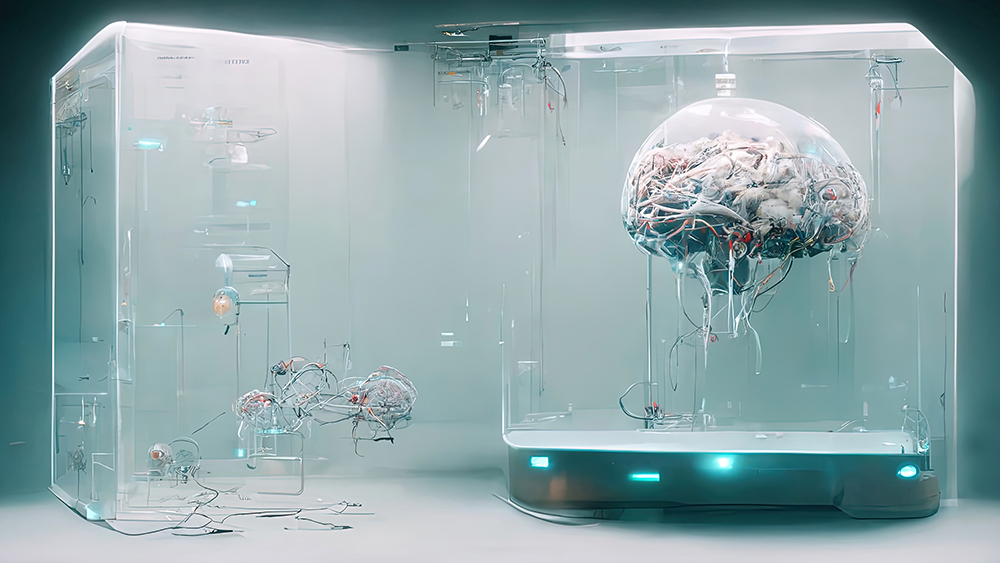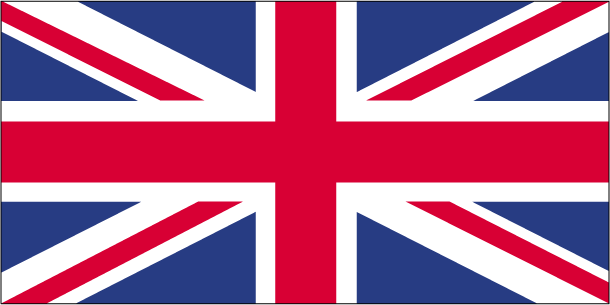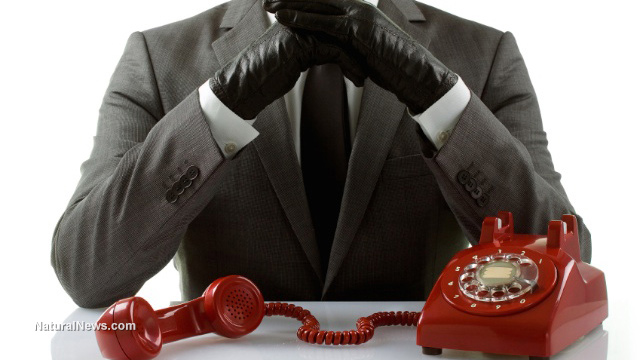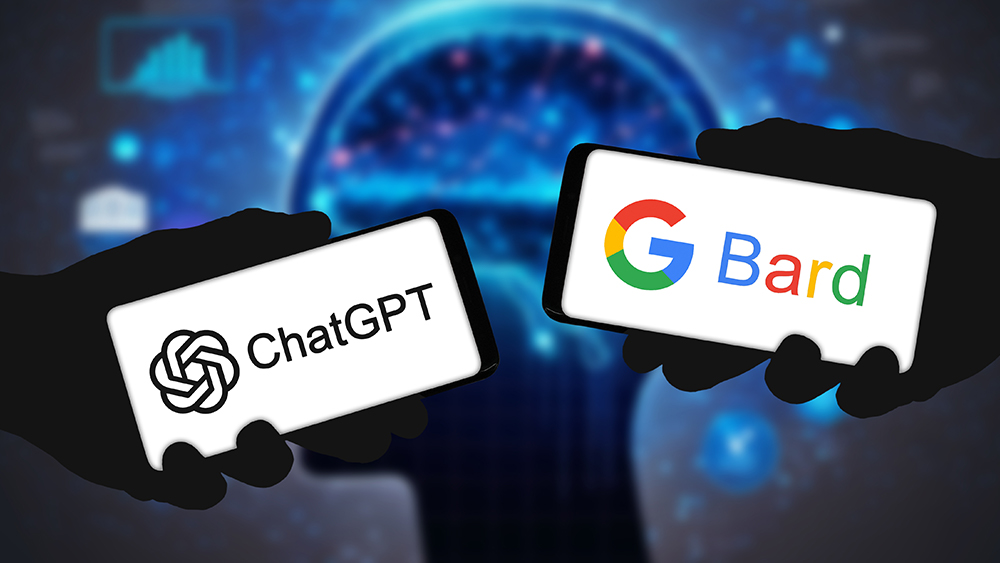British gov’t to equip cops with facial recognition technology as part of $69M plan to combat retail crime
04/19/2024 / By Laura Harris

The government of the United Kingdom plans to allocate four million British pounds ($5 million) for the development of mobile police units equipped with live facial recognition technology that can scan people’s faces on the street, supposedly as a means to combat retail crimes.
According to the announcement of Prime Minister Rishi Sunak, the program will make use of 55.5 million pounds ($69.24 million) worth of state-of-the-art surveillance technologies, including mobile units equipped with facial recognition systems in different public areas over the next four years. These units will capture real-time footage of public spaces, comparing images against a database of suspects wanted for crimes such as shoplifting. In turn, l enforcement will receive notifications to intercept the targets.
“Since 2010, violent and neighborhood crime in England and Wales has fallen dramatically, showing our plan to keep our streets safe is working. Yet shoplifting and violence and abuse toward retail workers continue to rise,” said Sunak.
“I am sending a message to those criminals – whether they are serious organized criminal gangs, repeat offenders or opportunistic thieves – who think they can get away with stealing from these local businesses or abusing shopworkers, enough is enough,” he added. “Our local shops are the lifeblood of our communities, and they must be free to trade without the threat of crime or abuse.”
The plan, which follows the success of the Retail Crime Action Plan, encompasses five primary objectives: creating a new offense of assaulting a retail worker; expanding the use of electronic monitoring for frequent shoplifters; using new technologies to prevent and detect retail crimes; designing out crime to reduce opportunities to steal and sell stolen goods; and making it easier to report crime and share information between businesses and police. (Related: British police secretly using U.K. passport database to conduct facial recognition searches.)
Big Brother Watch launches a campaign against facial recognition technology
Civil liberties advocates, including Big Brother Watch, have voiced opposition to the program.
Silkie Carlo, the director of Big Brother Watch, denounced the program as a misguided attempt to compensate for deficiencies in law enforcement. Carlo argued that while holding criminals accountable is essential, the proposed expansion of surveillance technology represents an intrusive and disproportionate response.
“It is completely absurd to inflict mass surveillance on the general public under the premise of fighting theft whilst [the] police are failing to even turn up to 40 percent of violent shoplifting incidents or to properly investigate many more serious crimes,” he said. “Rather than resourcing police to actively pursue people who pose a risk to the public, the government’s investment in facial recognition cameras for retail offenses relies on shoplifters walking in front of marked police cameras and as such will effectively target the lowest hanging fruit.”
Moreover, the absence of parliamentary or public scrutiny over these plans underscores the lack of democratic oversight. Carlo warned that implementing live facial recognition surveillance would not only squander public funds but also erode privacy and civil liberties.
“It’s an abysmal waste of public money on a dangerously authoritarian and inaccurate technology that neither the public nor parliament has ever voted on. This will cost not only the public purse but the public’s privacy and civil liberties. Live facial recognition may be commonplace in China and Russia but these government plans put the U.K. completely out of sync with the rest of the democratic world. This Orwellian tech has no place in Britain.”
In turn, Big Brother Watch has launched a campaign against the measure and is seeking signatories on a petition against the program.
Visit PrivacyWatch.news for more stories about overreaching surveillance technology.
Watch this Dec. 7, 2023 episode of “Unmasking the Narrative” with host Aida Reva, who discusses how the proliferation of artificial intelligence is making facial recognition technology even more dangerous.
This video is from the People for People Radio channel on Brighteon.com.
More related stories:
TSA’s use of FACIAL RECOGNITION tech in US airports rouses privacy concerns.
AI, palm scanners, facial recognition, augmented reality and more: The dystopian future is NOW.
Sources include:
Submit a correction >>
Tagged Under:
Big Brother, big government, computing, conspiracy, crime, cyber war, deception, domestic terrorism, Facial recognition, future tech, Glitch, information technology, insanity, inventions, national security, Orwellian, police state, policing, privacy watch, resist, retail crime, Rishi Sunak, surveillance, theft, United Kingdom
This article may contain statements that reflect the opinion of the author
RECENT NEWS & ARTICLES
COPYRIGHT © 2017 COMPUTING NEWS

















